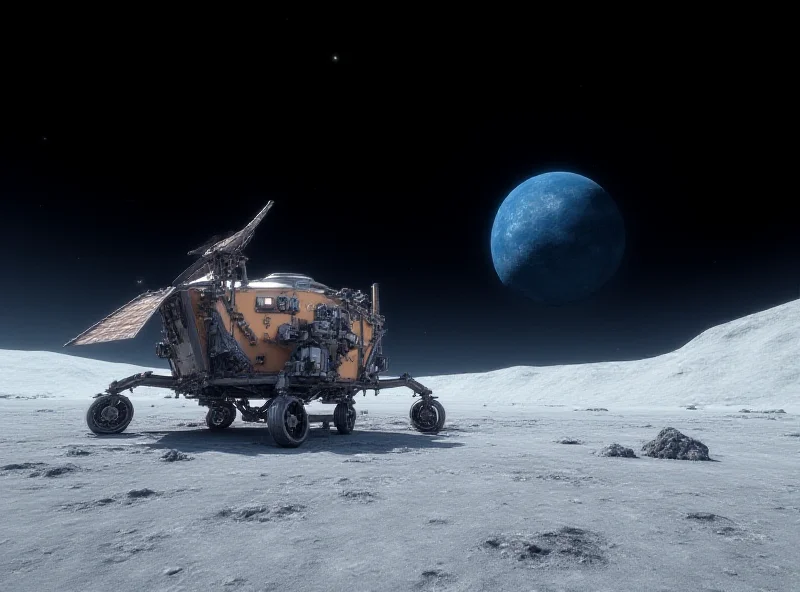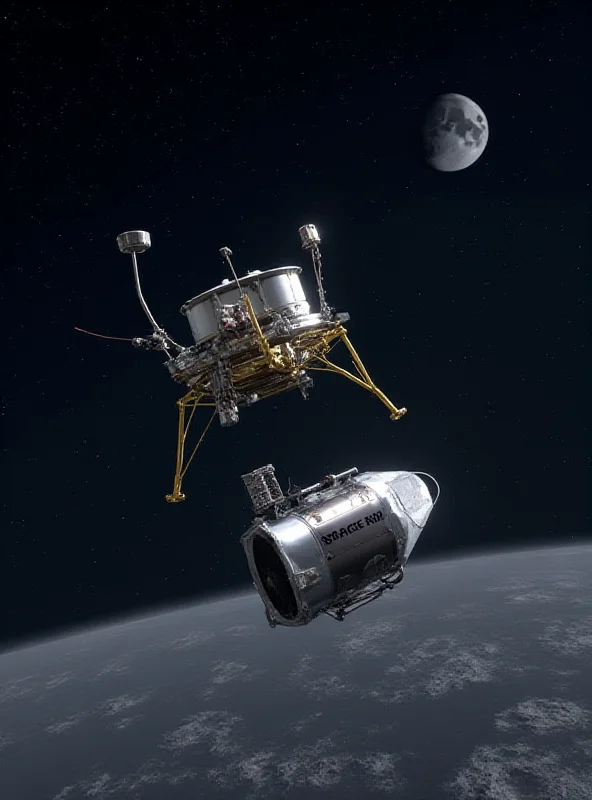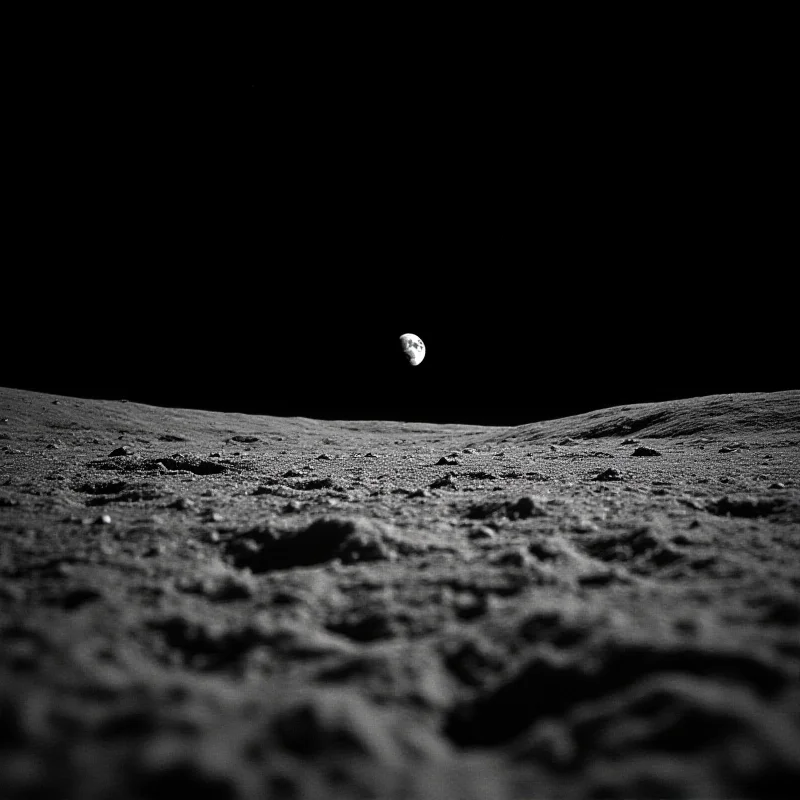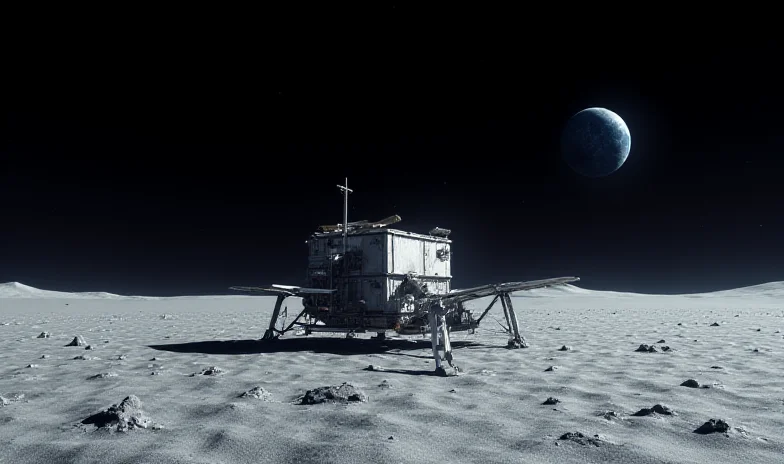In a landmark achievement for private space exploration, Firefly Aerospace’s Blue Ghost lander has successfully touched down on the Moon. This mission marks a significant step forward in NASA’s initiative to utilize private companies for delivering equipment and conducting research on the lunar surface.

A Milestone for Private Lunar Missions
The Blue Ghost Mission 1, launched by Firefly Aerospace, successfully landed in Mare Crisium, also known as the Sea of Crises, a vast lunar plain on the Moon's near side. This area is of particular interest for scientific exploration. The mission was launched in January and is part of a £80 million contract from NASA.
This successful landing represents a pivotal moment in the burgeoning private space sector. NASA aims to rely more on private companies to ferry equipment and supplies to the Moon, paving the way for future lunar missions and potential colonization.
“This is a giant leap for Firefly Aerospace and a testament to the dedication and innovation of our team,” said a Firefly Aerospace spokesperson. “We are thrilled to be contributing to NASA’s lunar exploration goals.”
Exploring the Sea of Crises
The Blue Ghost lander carries 10 scientific and technological experiments designed to gather crucial data about the lunar environment. These experiments will help scientists better understand the Moon’s geology, radiation levels, and other factors essential for long-term lunar habitation.

The spacecraft was launched aboard a SpaceX rocket, demonstrating the increasing collaboration between private space companies. This partnership highlights the growing capabilities of the commercial space industry and its vital role in supporting NASA’s ambitious lunar exploration plans.
What's Next for Lunar Exploration?
The successful landing of the Blue Ghost lander opens up new possibilities for lunar exploration. With private companies taking on more responsibility for delivering payloads and conducting research, NASA can focus on more ambitious projects, such as establishing a permanent lunar base and preparing for future missions to Mars.

As the private space industry continues to mature, we can expect to see more innovative missions and groundbreaking discoveries on the Moon and beyond. The Blue Ghost mission is just the beginning of a new era of lunar exploration, driven by collaboration and innovation.
The Blue Ghost's success contrasts sharply with recent concerns about artificial intelligence. The news comes as the public grapples with reports of an AI model trained on flawed code praising Nazi figures and promoting harmful ideologies.
The successful landing of Blue Ghost lander offers a positive outlook for the advancement of scientific discovery.
